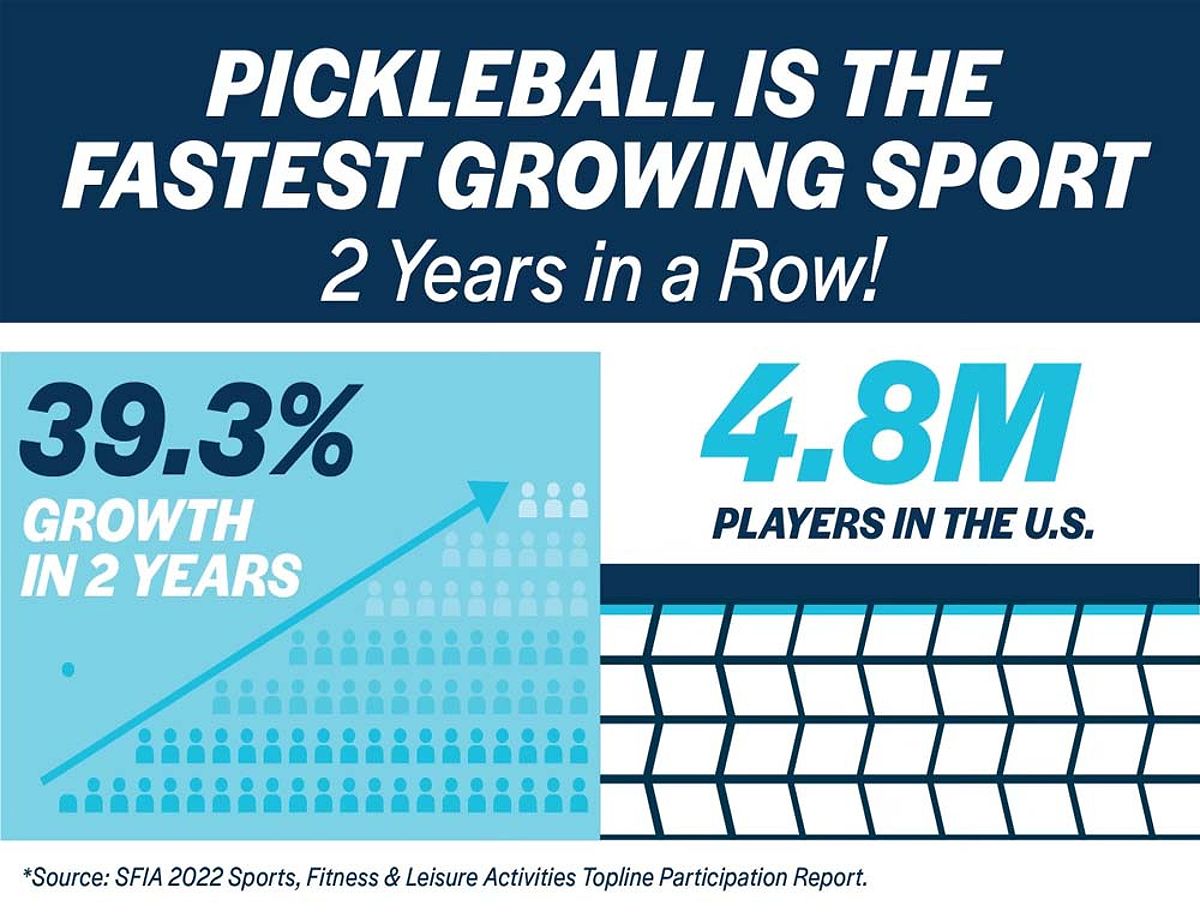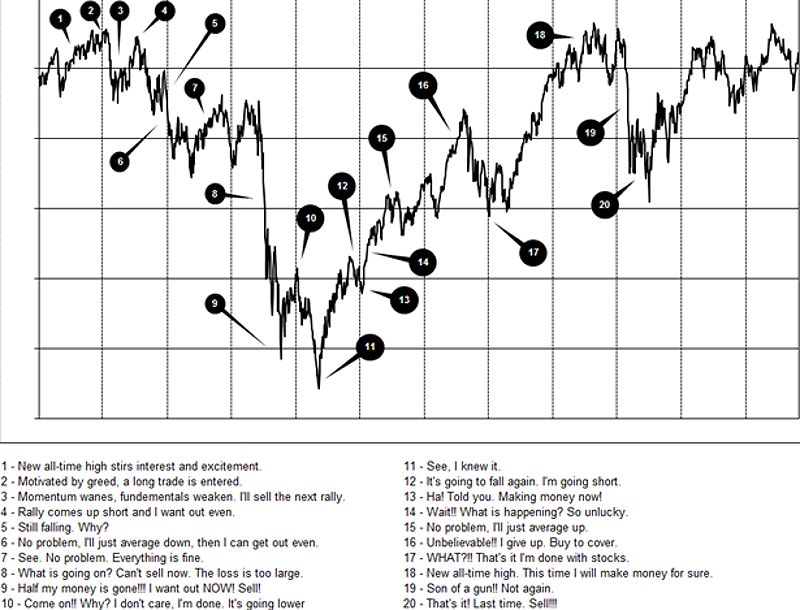Should I Pay Off My Mortgage Early After A Financial Windfall? Weighing The Pros, Cons, And Alternatives
Imagine receiving a substantial financial windfall — an inheritance, lottery winnings, or a sudden bonus. It’s a dream scenario, but what should you do with this unexpected wealth? One common thought is to pay off your mortgage, achieving the coveted mortgage-free status. This article will help you navigate the complex decision of whether should I payoff my mortgage early or explore other investment opportunities after a financial windfall. We’ll analyze the pros and cons of each approach, examine alternative investment options, and provide actionable steps to help you make the best decision for your financial future.
The Allure of a Mortgage-Free Life
The prospect of owning your home outright is undeniably appealing. Beyond the financial relief, paying off your mortgage early can provide a powerful sense of emotional and psychological security. Imagine the peace of mind that comes with being debt-free, the joy of having one less monthly obligation, and the pride of achieving a significant financial milestone.
Pros of Paying Off Your Mortgage Early
-
Reduced Monthly Expenses: Paying off your mortgage can significantly lower your monthly financial obligations, freeing up cash flow that can be allocated toward other priorities, such as saving for retirement, funding your children’s education, or pursuing personal goals. This newfound financial freedom can open doors to opportunities that may have previously felt out of reach.
-
Enhanced Financial Security: Being free from mortgage debt can provide a valuable safety net during economic downturns or unexpected financial challenges, such as job loss or medical emergencies. Without the burden of a monthly mortgage payment, you can focus on other aspects of your life without the constant worry of debt hanging over your head.
-
Faster Equity Building: When you pay off your mortgage sooner, you build equity in your home at an accelerated pace. This increased equity can be beneficial if you decide to refinance or sell your property in the future, as it can provide leverage for other investments or personal needs. Moreover, a fully paid-off home can be a valuable asset that contributes to your overall net worth.
-
Reduced Interest Payments: Over the life of a mortgage, the total interest paid can far exceed the original loan amount. By paying off your mortgage early, you can save a significant amount in interest payments. For instance, a homeowner with a $300,000 mortgage at a 4% interest rate could save over $100,000 in interest by paying it off a decade early.
Should I Payoff My Mortgage: Weighing the Opportunity Cost
While the prospect of being mortgage-free is undoubtedly enticing, it’s essential to consider the potential opportunity cost. Using your financial windfall to pay off your mortgage may mean missing out on the chance to invest those funds elsewhere, potentially yielding higher returns.
Cons of Paying Off Your Mortgage Early
-
Opportunity Cost: Historically, the stock market has averaged returns of around 7% to 10%, which may outweigh the benefits of paying off your mortgage early. This opportunity cost can be significant, especially if you have access to investment vehicles that have consistently outperformed mortgage interest rates.
-
Loss of Tax Deductions: Mortgage interest is often tax-deductible, and once you pay off your mortgage, you lose this deduction. This could lead to a higher tax bill, especially if you fall into a higher tax bracket. Understanding the tax implications is crucial when deciding whether to pay off your mortgage.
-
Reduced Liquidity: Paying off your mortgage early ties up a significant amount of cash in your home, which may reduce your liquidity. In times of financial need, accessing the equity in your home may require a refinancing process or selling your property, both of which can be time-consuming and costly.
-
Potential for Lower Returns: While paying off a mortgage can provide a guaranteed return equivalent to your mortgage interest rate, investing in the market can potentially offer higher returns. However, the market comes with risks, and there’s no guarantee that your investments will outperform the savings from paying off your mortgage.
Alternative Investment Opportunities
Instead of funneling your financial windfall into your mortgage, consider exploring alternative investment options that could provide higher returns. By diversifying your investments, you can potentially enhance your wealth while maintaining a manageable level of debt.
High-Yield Savings Accounts and CDs
High-yield savings accounts and certificates of deposit (CDs) are secure, low-risk options that can offer better interest rates than traditional savings accounts. They are FDIC-insured and can provide a steady stream of interest income, which can help offset the cost of your mortgage. However, they generally offer lower returns compared to more aggressive investment options.
Index Funds and ETFs
Investing in diversified index funds or exchange-traded funds (ETFs) can provide long-term growth potential. These investments offer diversification and have historically delivered average annual returns of around 7% to 10%, with lower fees compared to actively managed funds. However, they are subject to market volatility, which can lead to short-term losses.
Real Estate Investments
Purchasing rental properties or investing in real estate investment trusts (REITs) can be an effective way to generate passive income. Real estate has historically been a solid investment strategy that can provide both income and capital appreciation. However, it requires significant initial capital and ongoing management responsibilities.
Business Ventures
If you possess an entrepreneurial spirit, starting or investing in a business could yield substantial returns. Owning a business can provide a sense of control over your financial future and the potential for high profits. However, it also demands a significant time commitment, and there’s no guarantee of success.
Key Factors to Consider
When deciding whether to pay off your mortgage early or pursue alternative investment opportunities, it’s vital to evaluate your unique financial situation and long-term goals.
Current Financial Situation
Assess your financial health, including your emergency fund, outstanding debts, and overall liquidity. Ensure you have sufficient liquid assets to cover unexpected expenses and determine if paying off your mortgage is the best use of your windfall.
Risk Tolerance
Understanding your comfort level with risk is crucial when making investment decisions. Some investments, like stocks and real estate, may experience volatility but can offer higher returns, while others, like paying off your mortgage, provide a more stable but potentially lower-yielding option.
Time Horizon
Evaluate your long-term financial goals and how quickly you want to achieve them. A longer time horizon may allow you to ride out market fluctuations and benefit from compound growth, while a shorter time horizon may favor a more conservative approach.
Tax Implications
Consult with a tax professional to comprehend the potential loss of mortgage interest deductions if you choose to pay off your loan early and how it will impact your overall tax situation.
Balancing Debt and Investments
One effective strategy to consider is a balanced approach where you pay off a portion of your mortgage while simultaneously investing some of your windfall. This dual strategy allows you to reduce your debt burden while still taking advantage of potential investment returns.

By maintaining a balance between debt and investments, you can create a more flexible financial situation that allows you to adapt to changing circumstances. This approach can provide benefits such as:
- Maintaining Liquidity: Retaining access to cash for emergencies or new investment opportunities.
- Potential for Growth: Benefiting from market growth while simultaneously reducing your debt burden.
- Reduced Stress: Achieving a balance between debt reduction and wealth-building for greater peace of mind.
Actionable Steps
To help you make an informed decision, consider the following steps:
-
Assess Your Current Financial Situation: Review your budget, outstanding debts, and emergency fund to understand your financial health and capacity for investment.
-
Consult with a Financial Advisor: Seek guidance from a qualified financial advisor who can provide personalized recommendations based on your goals, risk tolerance, and time horizon.
-
Analyze Investment Opportunities: Research various investment options, such as index funds, real estate, or business ventures, to understand their potential returns and associated risks.
-
Create a Balanced Plan: Determine an allocation strategy that allows you to pay down your mortgage while also investing a portion of your windfall to diversify your portfolio.
-
Monitor and Adjust: Regularly review your progress and be prepared to make adjustments to your plan as your financial situation or goals evolve.
FAQ
Q: What if I need access to the money later?
A: Consider the liquidity of different investments. Some options, like real estate or business ventures, may be less accessible than cash savings or publicly traded securities. It’s essential to have a plan for accessing funds when necessary, especially in times of financial need.
Q: What if the market crashes after I invest?
A: Market fluctuations are a natural part of investing. Diversifying your portfolio, maintaining a long-term perspective, and avoiding panic-driven decisions can help mitigate risks. Consulting a financial advisor can also aid in developing a well-rounded investment strategy to weather market downturns.
Q: How can I find a reputable financial advisor?
A: Seek recommendations from trusted sources, such as friends or family, and research advisors’ credentials and experience. Look for advisors who have a fiduciary duty to act in your best interests, as this can provide additional peace of mind.
Q: Can I refinance my mortgage instead of paying it off?
A: Refinancing may be a good alternative if you can secure a lower interest rate or adjust the loan term to something more manageable. This can lower your monthly payments and overall interest costs while keeping your investment options open.
Conclusion
Deciding whether to pay off your mortgage early or explore alternative investment opportunities after a financial windfall is a significant choice that requires careful consideration of your unique circumstances and long-term financial goals. While the prospect of being mortgage-free is enticing, various investment options could yield higher returns over time.
Ultimately, the best approach will depend on your risk tolerance, time horizon, and overall financial stability. By evaluating your options and seeking professional guidance, you can make an informed decision that aligns with your financial priorities and paves the way for long-term success. Remember, there is no one-size-fits-all solution, so take the time to explore your possibilities and find the path that works best for you. Your financial future is in your hands, and with careful planning and consideration, you can set yourself up for lasting prosperity.
As you navigate this decision, remember that your financial well-being is an ongoing journey. Stay open-minded, flexible, and willing to adapt as your circumstances and goals evolve. With a balanced approach and a commitment to continuous learning, you can make the most of your financial windfall and secure a bright financial future.
MORE FROM pulsefusion.org












